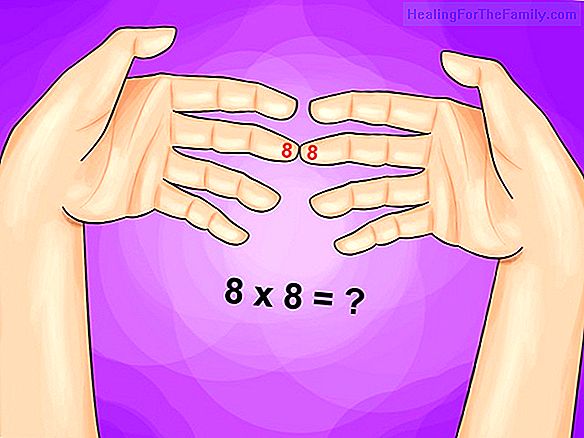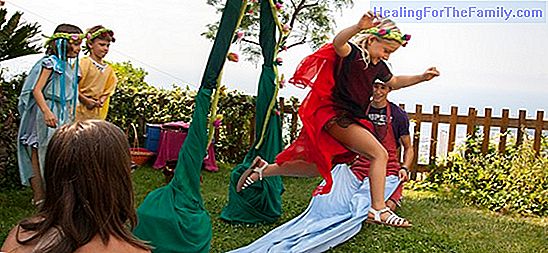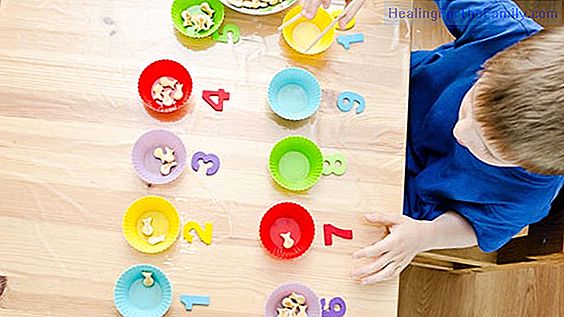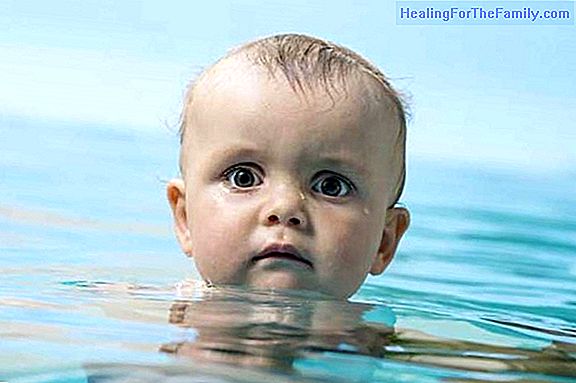Pious lies to children: yes or no?
With the best intention of the world almost all parents have used pious lies as a resource to avoid different situations that we do not know how to deal with our children, but is it the right thing to do? Is it really necessary to lie to them? With this question in mind today we consider the followi
With the best intention of the world almost all parents have used pious lies as a resource to avoid different situations that we do not know how to deal with our children, but is it the right thing to do? Is it really necessary to lie to them? With this question in mind today we consider the following question: should we tell pious lies to children? And if so, in what kind of circumstances and why?
Certainly, on more than one occasion, as parents, we will have doubted whether to tell our children the whole truth about a fact or to tell them a pious lie in order to preserve their emotional well-being.
Better the truth than a pious lie to children

There is no doubt that all parents want the best for our children. We want you to be happy and ensure your physical, mental and emotional well-being. We want to take care of your innocence and maintain your candor as long as possible. That is why, sometimes, we believe that it is better to tell them a pious lie instead of explaining the whole truth to them about certain circumstances, for example the death of a relative or traumatic events that we believe our children will not be able to understand or assimilate. However, in these cases it is always better to tell the truth, adapting our language to your level of age and maturity
instead of telling a lie. However pious they may be, and however well intentioned they may be, they are still deceptions that can end up undermining the bond of trust between parents and children. Special Circumstances to Tell Pious Lies to Children - There are other circumstances, such as those surrounding the illusion that accompanies Christmas (with the arrival of Santa Claus or the Magi) in which pious lies are more acceptable and less traumatic. It is about small
lies that keep and maintain a faith
. Faith in the arrival of Santa Claus in his flying sleigh loaded with gifts or that cavalcade of Kings that keeps the children in suspense on the night of January 5 of each year. - The belief in the Tooth Fairy or the Tooth Fairy enters into this same category. Following this game in which adults tell some pious lies is nothing more thanmaintaining the illusion of our children during a few years in which the fantasy
, magic and reality are mixed in a special way. In summary, we could say that pious lies should be used with droppers andonly for very special events or moments
like the ones we have pointed out. Beyond this type of circumstances it is preferable to always tell the truth adapting it to the maturity and age of our children. In this way we educate from sincerity, honesty inculcating the value of truth and trust in others.












